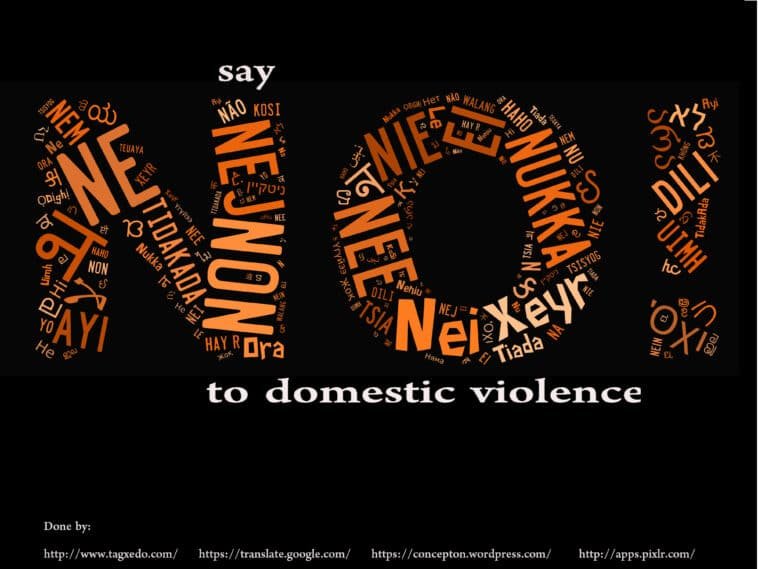Violence, in any form, is and should be highly unacceptable. Everyone deserves a relationship free from violence or any kind of torture whether mental or physical.
Domestic violence — also called intimate partner violence — occurs between people in an intimate relationship. Domestic violence can take many forms, including emotional, sexual, and physical abuse and threats of abuse. Abuse by a partner can happen to anyone, but domestic violence is most often directed toward women.
Abusive relationships always involve an imbalance of power and control. An abuser uses intimidating, hurtful words and behaviors to control a partner. The government of Pakistan issued a statement in which it reasserted its commitment to c and ending violence against them.
In an official statement posted on the official website of the Ministry of Foreign Affairs (MOFA), the government stated that steady progress has been made in the country through legislative, policy, and institutional measures aimed at promoting and protecting the rights of women and girls, especially to address the issues of violence against women, domestic abuse, harassment, and the protection of social and property rights.
People can report cases by calling 1099 or by downloading the ministry’s rolled-out app Helpline 1099. However, these are all solutions presented by the state. The first step to ending domestic violence is to step up against it.
If you notice signs and red flags, it is highly important to break that cycle. The longer you stay in an abusive relationship, the greater the physical and emotional toll. You might become depressed and anxious, or you might begin to doubt your ability to take care of yourself. You might feel helpless or paralyzed.
Seek help before you become a constant victim of domestic violence. The state has issues protectionary measures but to take advantage of them is in your hands.




